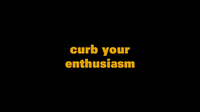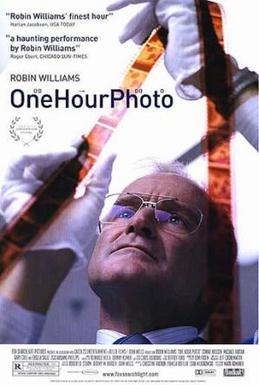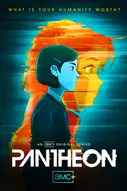Lists
















41 Books
Wanna read
Sort by:
Recent Desc
More lists by Rafael Kukawski



Want to watch with mihaela
List includes: The Chorus, Mr. Nobody, On the Road
November 2022
0
@rafalkuka94



Planning to play
List includes: Brutal Legend, The Last of Us, INSIDE
September 2022
0
@rafalkuka94



Going to play/watch
List includes: Killer Klowns from Outer Space, Curb Your Enthusiasm, I Love You, Man
January 2023
0
@rafalkuka94



marta
List includes: One Hour Photo, Ghosted, See
April 2024
0
@rafalkuka94



existensial angst animation
List includes: Pantheon, Scavengers Reign, Common Side Effects
a few months ago
0
@rafalkuka94